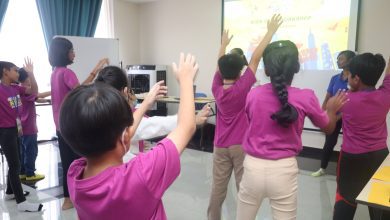Ipoh Echo’s EYE HEALTH series continues with Consultant Eye Surgeon Dr S.S. GILL talking to us about THE EFFECTS OF ULTRAVIOLET RAYS.
Be aware of the dangers that ultraviolet (UV) light emitted by the sun can pose to our eyes. Harmful UV radiation from the sun can damage various parts of the eyes including conjunctiva, lens and also the macular (nerve).
Long-term exposure to sunlight increases the risk of cataract formation and also pterygia (a growth on the surface of the eye). It is important therefore to take adequate precautions to protect your eyes from too much UV rays.
Ways to reduce UV Exposure:
SUNGLASSES:
Choose a pair of sunglasses that either has a CE mark, a label that says 100% UV protection from UVA and UVB rays, or has a UV400 tag.
Brand, price or how dark the sunglass lenses do not matter.
If you are outdoors most of the time, then it is preferable to choose a pair of sunglasses that wraps all around to the side of your face, as it prevents strong sunlight from passing through the unprotected sides.
Be careful during peak times when the sun is strongest, between 10am and 2pm.
HATS


A cap is an alternative for the men but may have a limited protection since it covers the front of the face. Nevertheless, something is better than nothing.
AVOID LOOKING AT THE SUN
This can cause serious eye problems like solar retinopathy which can damage the retina (the nerve behind the eye). In fact, it can even lead to blindness.
Never view a solar eclipse directly through a camera, telescope, binoculars or photographic film or even sunglasses. This is very dangerous.
The safest way to view a solar eclipse is on the television, via live camera web-viewing on the internet or through specially manufactured solar filters.
Take all the necessary precautions to ensure that you do not succumb to eye problems that can be prevented.


